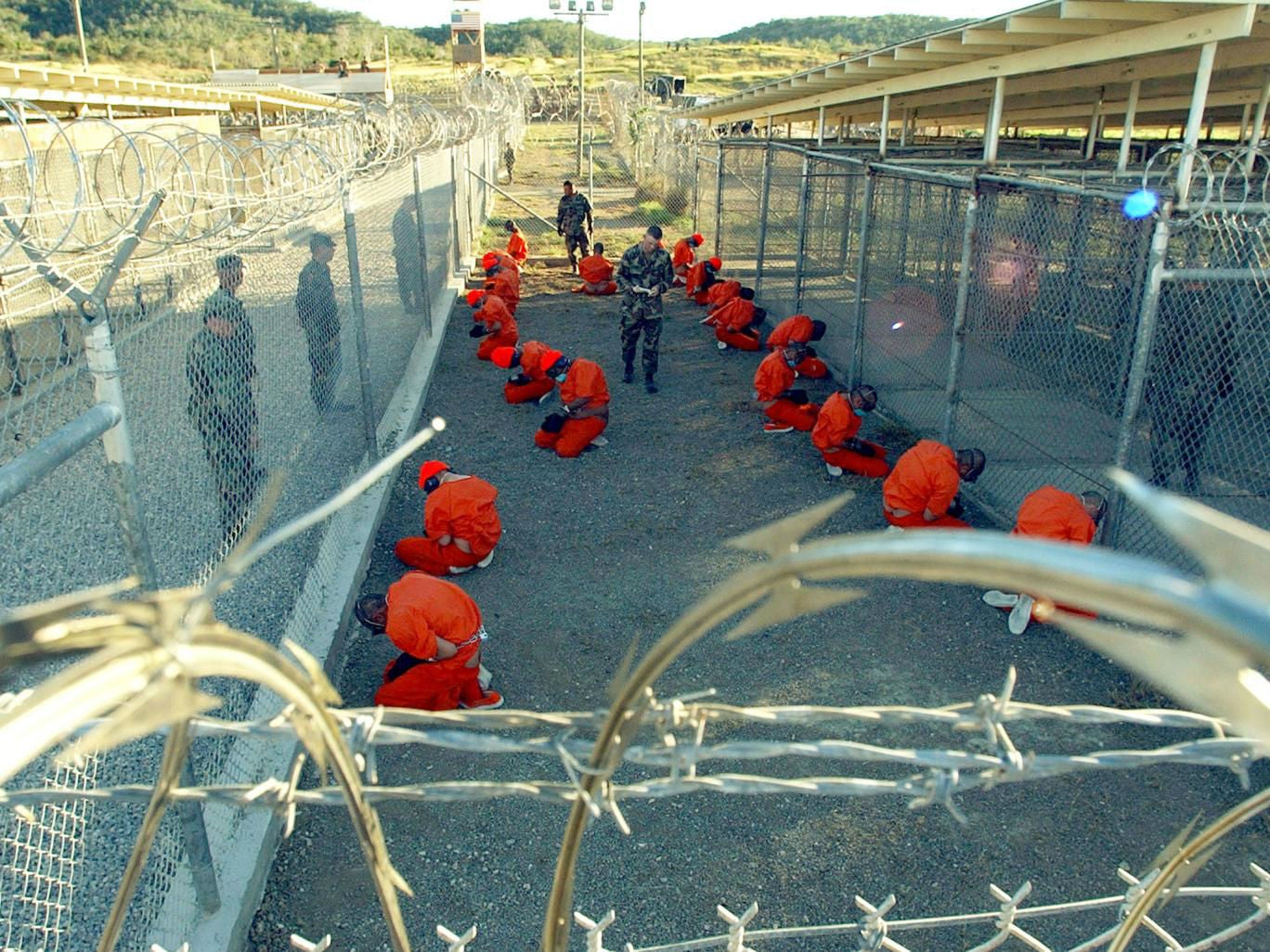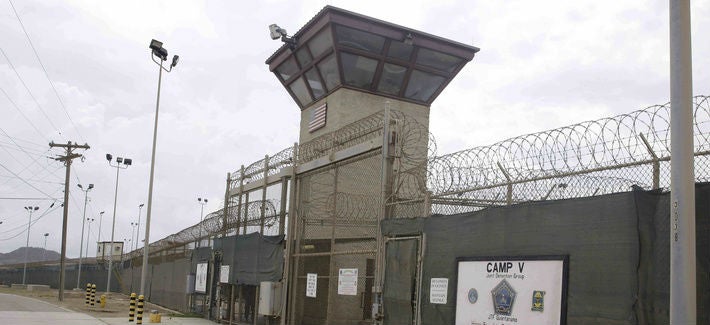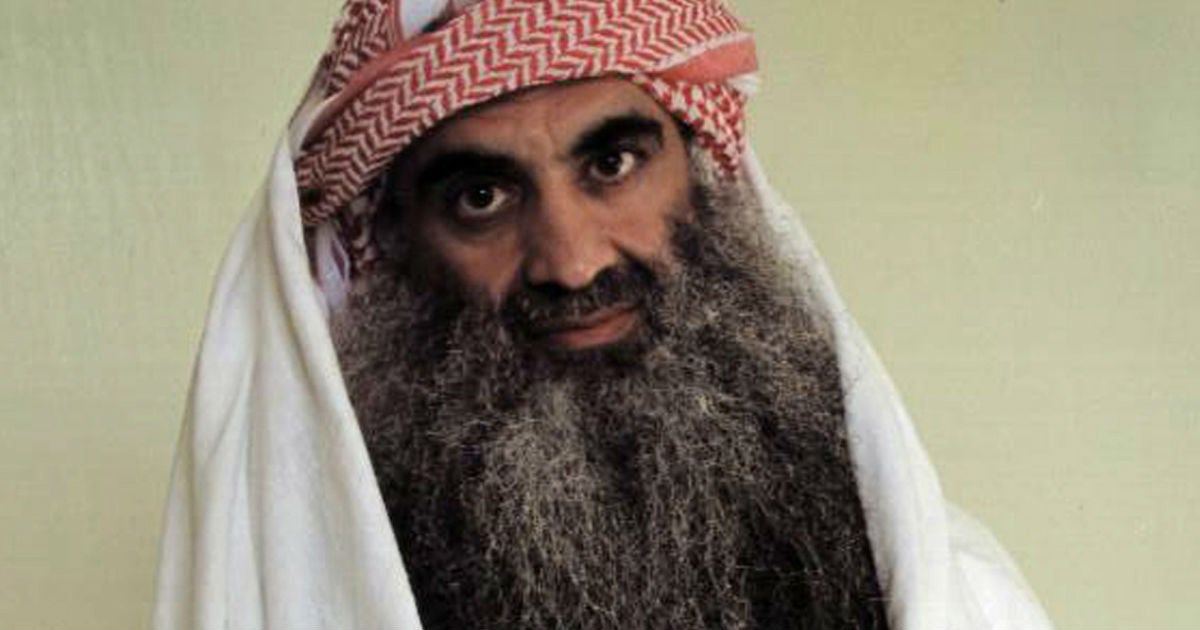Guantanamo Bay: Why was it set up, what are the controversies and why does Obama want to close it?
The prison camp on the tip of Cuba was established in the aftermath of the 9/11 attacks

Your support helps us to tell the story
From reproductive rights to climate change to Big Tech, The Independent is on the ground when the story is developing. Whether it's investigating the financials of Elon Musk's pro-Trump PAC or producing our latest documentary, 'The A Word', which shines a light on the American women fighting for reproductive rights, we know how important it is to parse out the facts from the messaging.
At such a critical moment in US history, we need reporters on the ground. Your donation allows us to keep sending journalists to speak to both sides of the story.
The Independent is trusted by Americans across the entire political spectrum. And unlike many other quality news outlets, we choose not to lock Americans out of our reporting and analysis with paywalls. We believe quality journalism should be available to everyone, paid for by those who can afford it.
Your support makes all the difference.The military prison at Guantanamo Bay was established in January 2002 to hold detainees swept up in President George W Bush’s so-called war on terror. It was intentionally established on a US naval base on the tip of Cuba that Mr Bush’s lawyers argued was beyond the reach of usual US law.

Jumpsuits
With the world alarmed by images of the first inmates arriving - wearing orange jumpsuits, handcuffs, ear-muffs and goggles and being forced to their knees - US Defence Secretary Donald Rumsfeld claimed they represented the “worst of the worst”. It very quickly emerged that many of the detainees had been sold to the Americans, either via Pakistan’s ISI intelligence agency, or else from Afghan warlords. US officials confirmed that bounties had been paid. Among those wrongly detained was Sami al-Haj, is a Sudanese journalist who was captured on his first assignment for Al Jazeera.
Abuse
Although it was claimed the prisoners were being kept in humane conditions, within the first two year it was revealed that inmates were subjected to Abu Ghraib-style torture and sexual humiliation in which they were stripped naked, forced to sodomise one another and taunted by naked female American soldiers, Several dozen prisoners sought to take their own lives. In October 2003, such was the situation the Red Cross - the only outside organization with regular access to the prisoners - broke its silence and said it had noticed a “worrying deterioration” in the mental health of the men.
Military commissions
Despite a loud campaign by legal activists and scholars, the Bush administration insisted that the prisoners were not eligible to be tried by either the usual US civilian courts or under normal military court martials. It also claimed the protections enforced by the Geneva Conventions were not applicable. It established new system of legal military commission hearings with with inmate had only the minimum legal resumes or rights.

KSM
Among those the US has sought to try under this process is Khalid Sheikh Mohammed, accused of being the ringleader of the 9/11 attacks. A report published in late 2014 revealed he had been waterboarded 180 times in “black sites” in Poland and Romania. Mohammed has been brought for various hearing before panels at Guantanamo, but progress has been stumbling. Ten prisoners are still involved in military commission process. Around 60 prisoners still not cleared for release have never been charged.
Supreme Court
In 2008 the United States Supreme Court ruled that detainees had the right of access to US federal courts to petition under habeas corpus to challenge their detentions, and that the Detainee Treatment Act of 2005 and the Military Commissions Act of 2006 were flawed. A revised Military Commissions Act was passed by Congress in 2009 to address the court's concerns.
91 left
More than 800 men have passed through Guantánamo’s cells. On Tuesday, President Barack Obama revealed that after after the release of hundreds of inmates to their own countries, or else a third country, just 91 remained. He said planned to step up efforts to release those who had passed the required process to determine they were no longer a threat.
Join our commenting forum
Join thought-provoking conversations, follow other Independent readers and see their replies
Comments